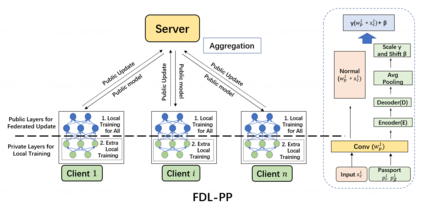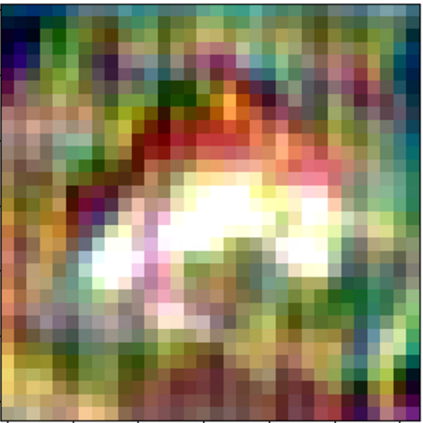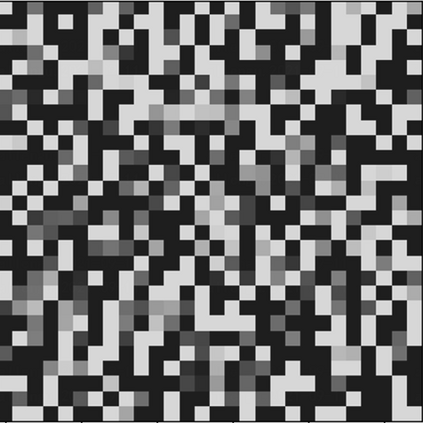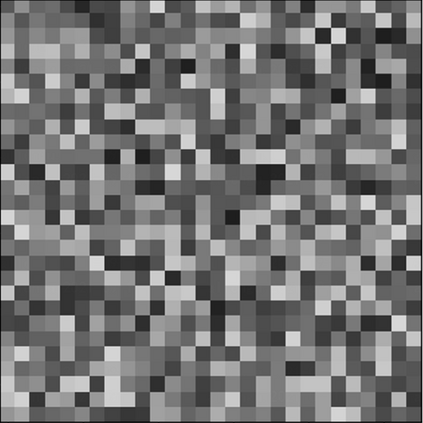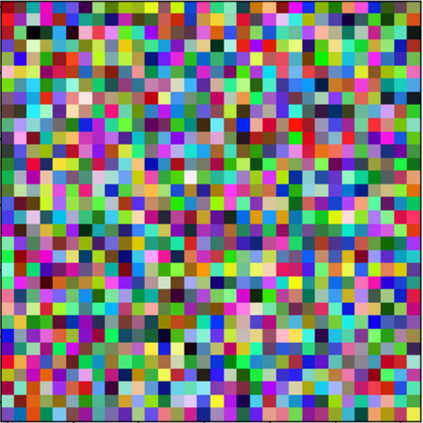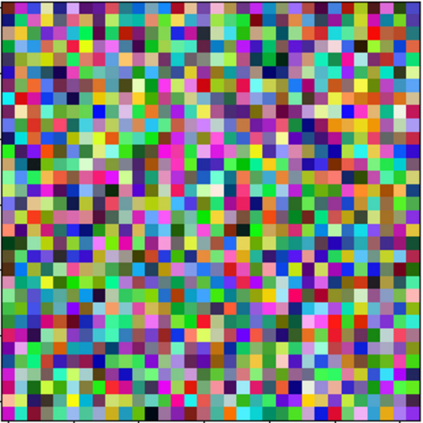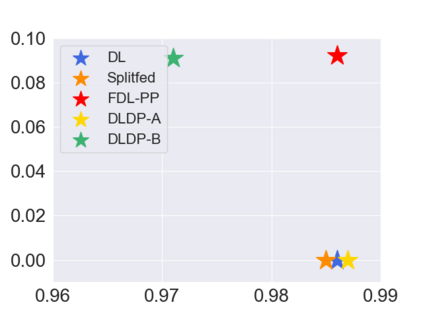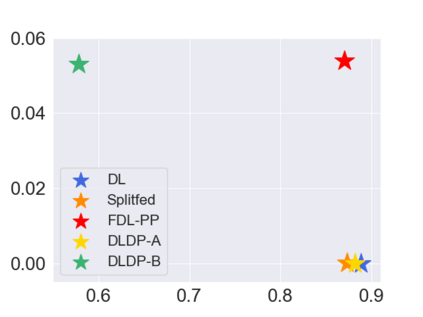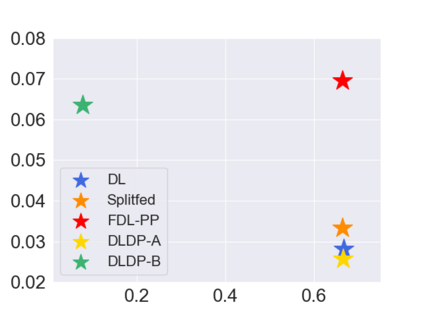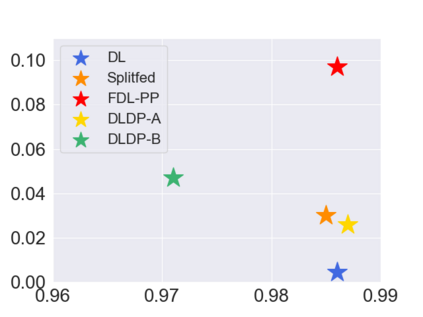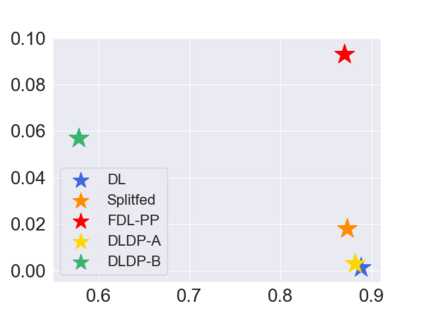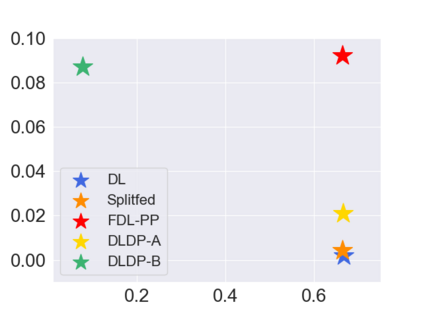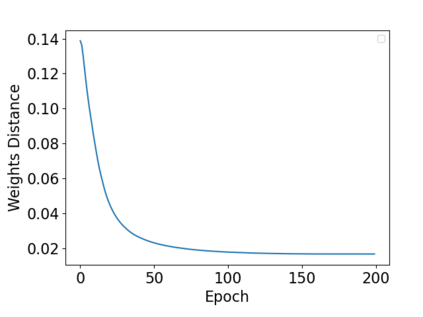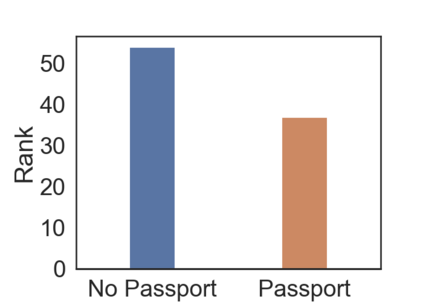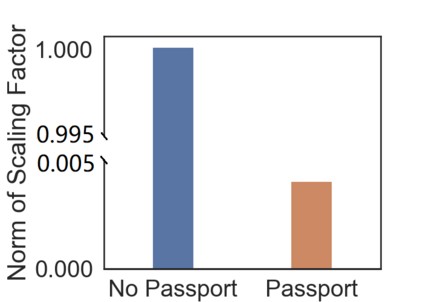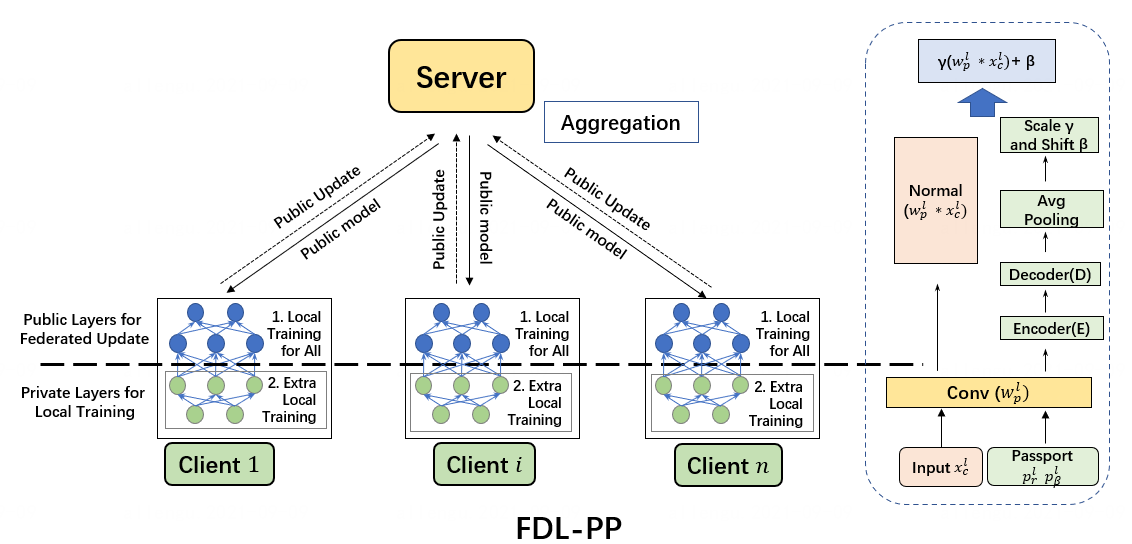Federated learning (FL) aims to protect data privacy by cooperatively learning a model without sharing private data among users. For Federated Learning of Deep Neural Network with billions of model parameters, existing privacy-preserving solutions are unsatisfactory. Homomorphic encryption (HE) based methods provide secure privacy protections but suffer from extremely high computational and communication overheads rendering it almost useless in practice . Deep learning with Differential Privacy (DP) was implemented as a practical learning algorithm at a manageable cost in complexity. However, DP is vulnerable to aggressive Bayesian restoration attacks as disclosed in the literature and demonstrated in experimental results of this work. To address the aforementioned perplexity, we propose a novel Bayesian Privacy (BP) framework which enables Bayesian restoration attacks to be formulated as the probability of reconstructing private data from observed public information. Specifically, the proposed BP framework accurately quantifies privacy loss by Kullback-Leibler (KL) Divergence between the prior distribution about the privacy data and the posterior distribution of restoration private data conditioning on exposed information}. To our best knowledge, this Bayesian Privacy analysis is the first to provides theoretical justification of secure privacy-preserving capabilities against Bayesian restoration attacks. As a concrete use case, we demonstrate that a novel federated deep learning method using private passport layers is able to simultaneously achieve high model performance, privacy-preserving capability and low computational complexity. Theoretical analysis is in accordance with empirical measurements of information leakage extensively experimented with a variety of DNN networks on image classification MNIST, CIFAR10, and CIFAR100 datasets.
翻译:联邦学习(FL)的目的是通过合作学习一种模式来保护数据隐私,而用户之间不分享私人数据。对于具有数十亿个模型参数的深神经网络联邦学习,现有的隐私保护解决方案不能令人满意。基于软体加密(HE)的方法提供了安全的隐私保护,但由于极高的计算和通信管理费,在实践中几乎毫无用处。与差异隐私(DP)的深入学习是一种实用的学习算法,其复杂性是可以控制的成本。然而,DP很容易受到巴伊西亚大规模修复攻击,如文献所披露的并在这项工作的实验结果中所展示的那样。为了解决上述的困惑问题,我们建议建立一个新的巴伊西亚隐私(BB)框架,使巴伊西亚人恢复攻击成为从观察到的公共信息中重建私人数据的概率。具体来说,拟议的BP框架准确地量化了Kullback-Leeperr(KL)的隐私权损失,在先前分发的隐私数据模型与恢复私人数据多样性分类的事后分发之间差异。在我们的最佳知识中,Bayesian隐私分析(Bayian Recreatyal sal real)网络上,我们首先用高的准确的隐私分析方法来证明。

